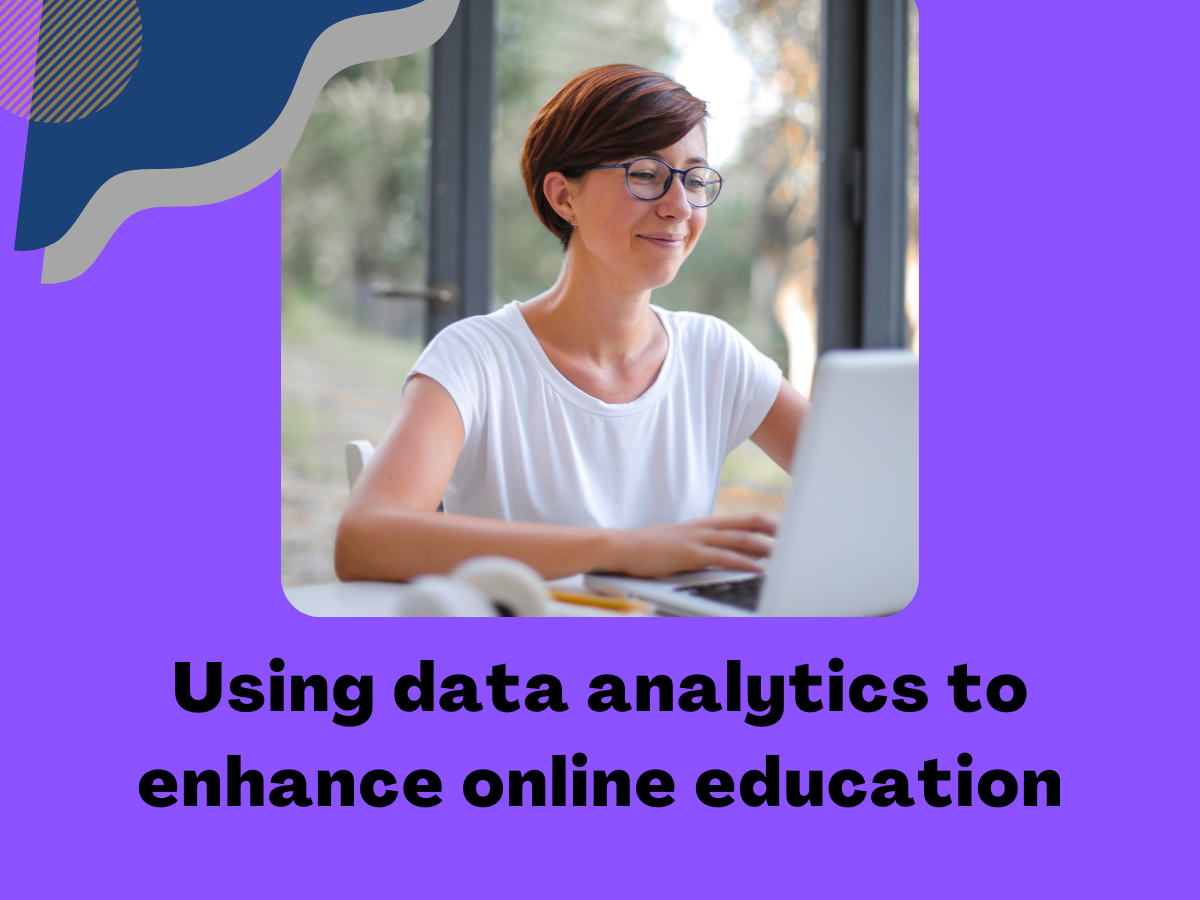Using data analytics to enhance online education
By~ Scholar Planet
Created At: 28 May, 2023

In recent years, the field of
education has undergone a significant transformation with the advent of online
learning platforms. As more and more educational institutions and individuals
turn to online education, the need to optimize and enhance the learning
experience has become crucial. This is where data analytics comes into play,
offering valuable insights that can revolutionize online education.
Data analytics involves the
collection, analysis, and interpretation of large volumes of data to identify
patterns, trends, and correlations. In the context of online education, data
analytics can provide educators and institutions with valuable information
about student behaviour, learning patterns, and performance. By harnessing this
information, educators can make informed decisions to improve the learning
process and outcomes.
One of the primary benefits of
data analytics in online education is its ability to personalize learning
experiences. Each student is unique, with different learning styles, strengths,
and weaknesses. By analysing data collected from students' online interactions,
such as course materials accessed, time spent on tasks, and assessment results,
educators can gain insights into individual learning preferences. This
information can then be used to tailor educational content, pacing, and
instructional strategies to suit each student's needs, promoting engagement and
improving learning outcomes.
Data analytics can also help
identify areas where students may be struggling. By analysing patterns in
assessment results, educators can pinpoint specific topics or concepts that
require additional attention. This enables timely interventions, such as
providing additional resources or offering targeted support to students who
need it the most. By addressing these challenges early on, educators can
improve student performance and reduce the risk of students falling behind.
Furthermore, data analytics can
play a vital role in monitoring student progress and engagement. Online
learning platforms generate vast amounts of data, including login times, course
completion rates, and participation levels. Analysing this data can provide
insights into student engagement and help identify students who may be
disengaged or at risk of dropping out. Educators can then intervene with
personalized support, motivating students and keeping them on track towards
achieving their educational goals.
In addition to supporting
individual students, data analytics can also assist educators in evaluating the
effectiveness of teaching methods and course design. By analysing data on
student performance and feedback, educators can gain insights into what works
and what doesn't. They can identify areas where instructional materials may
need improvement or where teaching strategies may need adjustment.
In conclusion, data analytics has
the potential to enhance online education significantly. By leveraging the
power of data, educators can personalize learning experiences, identify struggling
students, monitor progress, and evaluate teaching methods. However, it is
crucial to strike a balance between utilizing data to improve learning outcomes
and respecting student privacy. As technology continues to advance, data
analytics will undoubtedly play an increasingly vital role in shaping the
future of online education.
By making use of all the benefits
of data analytics in online learning, we at Scholar Planet have created our app
to provide a holistic environment for students, teachers, parents, and schools
for an enriching learning experience.
Download
the Scholar Planet app here: https://gcapworld.com/download-scholarplanet-app.html
